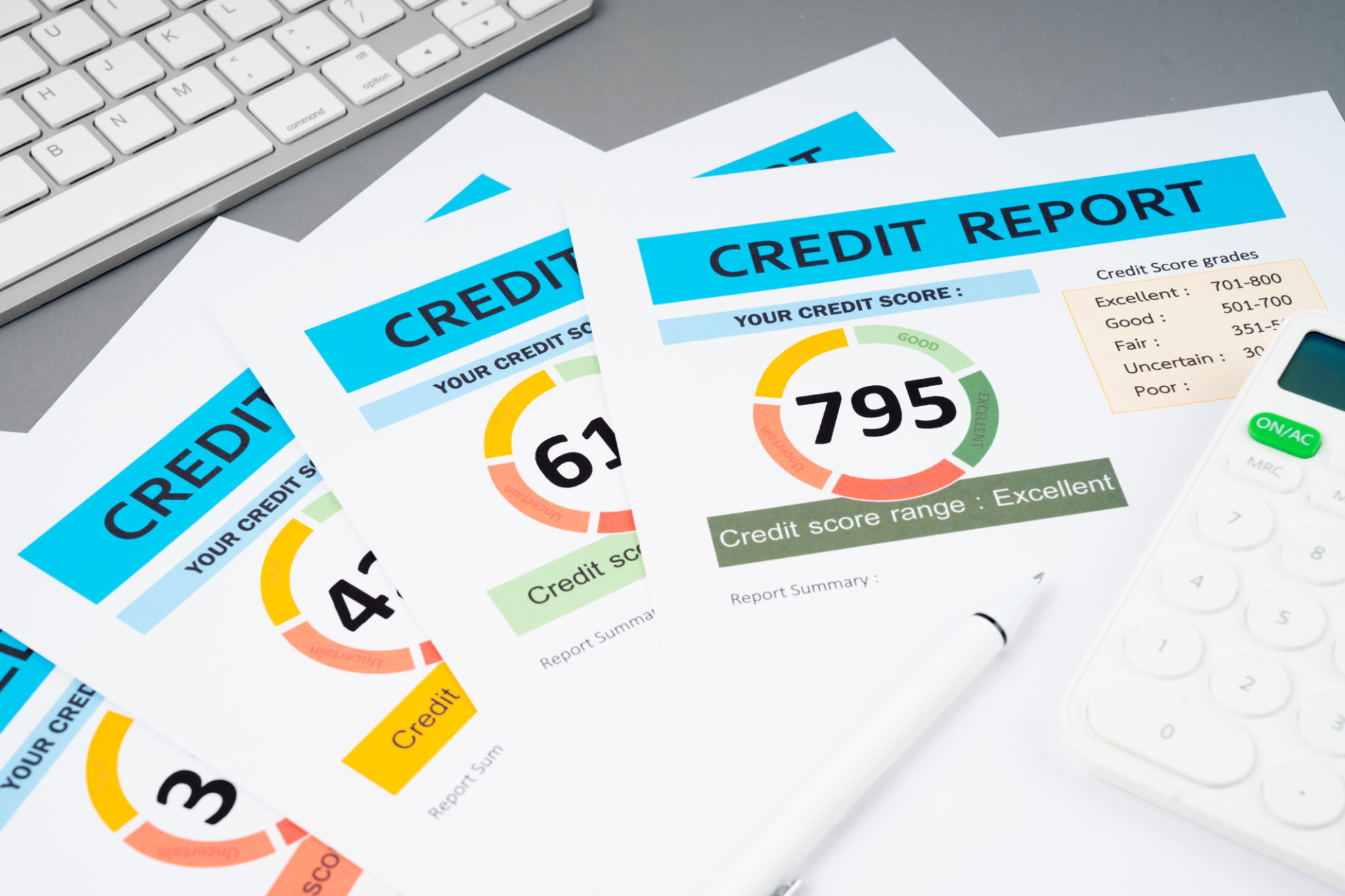How to Improve Your Credit Score: DIY Tips for Quick Results
SA
Understanding Your Credit Score
Your credit score is a crucial part of your financial health, affecting everything from loan approvals to interest rates. Understanding what factors contribute to your score is the first step in improving it. Credit scores are typically calculated based on your payment history, amounts owed, length of credit history, new credit, and types of credit used. Knowing where you stand allows you to take targeted actions to boost your score.
Check Your Credit Report Regularly
The first actionable step is to regularly check your credit report for any errors or discrepancies. You're entitled to one free report annually from each of the major credit bureaus: Experian, Equifax, and TransUnion. Reviewing your report helps you spot inaccuracies that might be dragging down your score. If you find errors, dispute them immediately to have them corrected.

Pay Your Bills on Time
Payment history is the most significant factor affecting your credit score. Late payments can have a negative impact, so it's essential to pay all your bills on time. Setting up automatic payments or reminders can help ensure you don't miss any due dates. Consistent, timely payments will gradually improve your score over time.
Reduce Your Debt
Another key component of your credit score is the amount owed, particularly your credit utilization ratio. This ratio compares your total credit card balances to your total credit limit. Try to keep this ratio below 30% to avoid negatively affecting your score. Paying down outstanding debt can be challenging but is a vital step in boosting your credit rating.

Avoid Opening New Credit Accounts Unnecessarily
While it might be tempting to open new credit accounts to increase your available credit, doing so can sometimes hurt your score in the short term. Each new application results in a hard inquiry on your report, which can lower your score slightly. Focus on maintaining existing accounts and using them responsibly rather than opening new ones.
Consider Becoming an Authorized User
If you have a family member or friend with a good credit history, consider asking if they would add you as an authorized user on their account. This strategy can help improve your score by showing responsible use and timely payments on the account. However, ensure that the primary cardholder is trustworthy and manages their credit well.

Use Credit Wisely
It's crucial to use the credit you have wisely. This means making small purchases and paying them off promptly. Keeping old accounts open also helps lengthen your credit history, which is beneficial for your score. By demonstrating responsible credit behavior, you build a positive credit profile over time.
Monitor Your Progress
Improving your credit score is not instantaneous; it requires diligence and patience. Track your progress by checking your score regularly. Many banks and financial institutions offer free credit monitoring services that allow you to see how your actions impact your score over time.
By following these DIY tips and staying committed to responsible financial habits, you can achieve quick results in improving your credit score, paving the way for better financial opportunities.